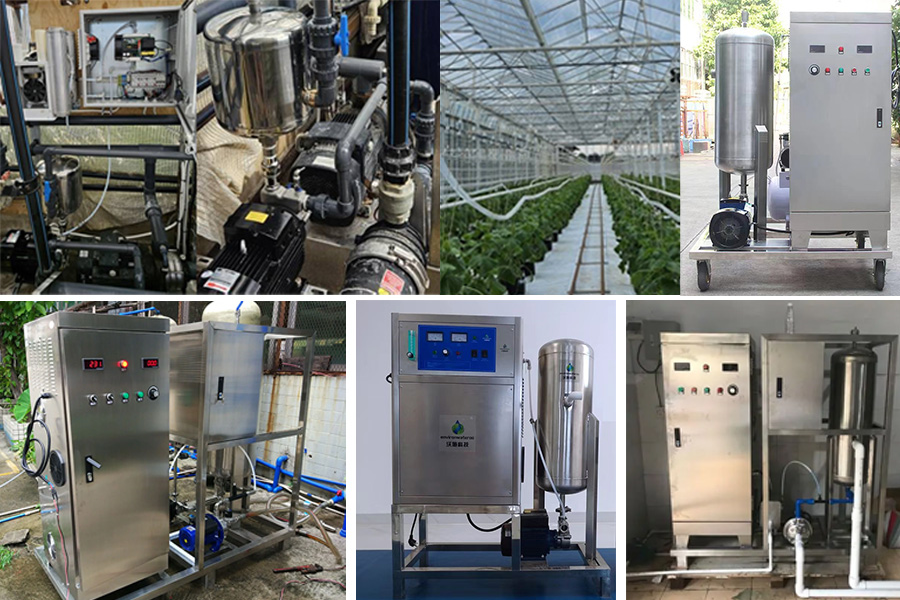Hydroponics is a method of growing plants using mineral nutrient solutions, in water, without soil. Terrestrial plants may be grown with their roots in the mineral nutrient solution only or in an inert medium, such as perlite, gravel, mineral wool, or coconut husk.
Researchers discovered in the 18th century that plants absorb essential mineral nutrients as inorganic ions in water. In natural conditions, soil acts as a mineral nutrient reservoir but the soil itself is not essential to plant growth. When the mineral nutrients in the soil dissolve in water, plant roots are able to absorb them. When the required mineral nutrients are introduced into a plant's water supply artificially, soil is no longer required for the plant to thrive. Almost any terrestrial plant will grow with hydroponics. Hydroponics is also a standard technique in biology research and teaching.
Clearly the success of a hydroponics crop depends on the quality of the water being used to grow the plants. Water parameters that have a direct impact on crop success include:
* Oxygen level: low levels limit plant growth.
* Hydrogen sulphide (H2S) concentration: High levels reduce fertiliser effectiveness and promotes growth of anaerobic bacteria.
* Microbial loading: High levels of bacteria in the water compete with the plants for nutrients. Root born pathogens are detrimental to plant health Algae growth.
The benefits of ozone to hydroponics are:
* The elimination of H2S
* The increase in oxygen levels
* The elimination of microbes, algae and root born pathogens including powdery mildew, Fusarium and Pythium
* Savings on chemical fertilisers
* Higher crop yields.
Customer case :


